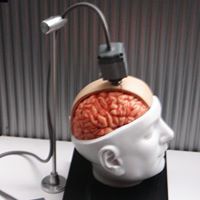New finding sheds new light on how the brain processes spatial memory.
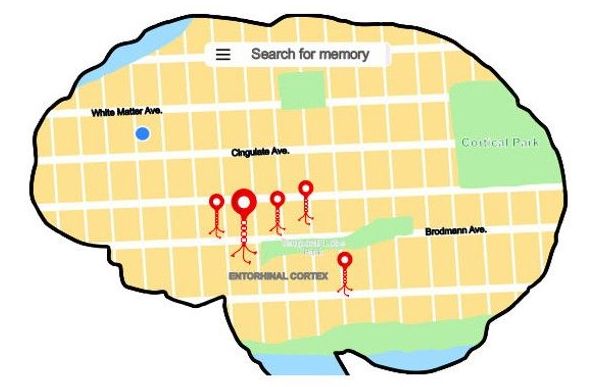

New finding sheds new light on how the brain processes spatial memory.

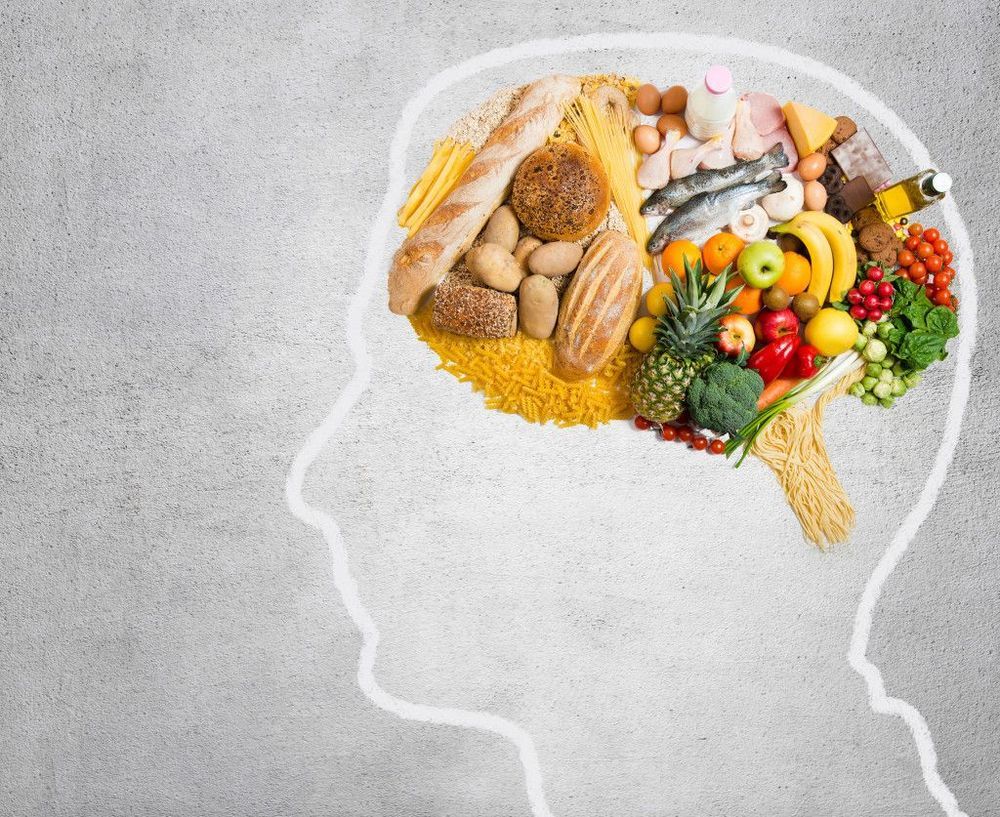
Think about it. Your brain is always “on.” It takes care of your thoughts and movements, your breathing and heartbeat, your senses — it works hard 24/7, even while you’re asleep. This means your brain requires a constant supply of fuel. That “fuel” comes from the foods you eat — and what’s in that fuel makes all the difference. Put simply, what you eat directly affects the structure and function of your brain and, ultimately, your mood.
Like an expensive car, your brain functions best when it gets only premium fuel. Eating high-quality foods that contain lots of vitamins, minerals, and antioxidants nourishes the brain and protects it from oxidative stress — the “waste” (free radicals) produced when the body uses oxygen, which can damage cells.
Unfortunately, just like an expensive car, your brain can be damaged if you ingest anything other than premium fuel. If substances from “low-premium” fuel (such as what you get from processed or refined foods) get to the brain, it has little ability to get rid of them. Diets high in refined sugars, for example, are harmful to the brain. In addition to worsening your body’s regulation of insulin, they also promote inflammation and oxidative stress. Multiple studies have found a correlation between a diet high in refined sugars and impaired brain function — and even a worsening of symptoms of mood disorders, such as depression.
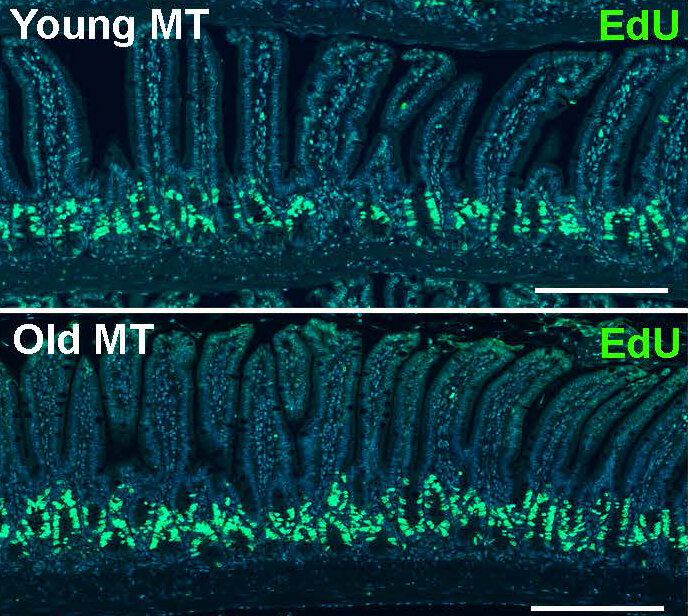
This could be happening to me.
An international research team led by Nanyang Technological University, Singapore (NTU Singapore) has found that microorganisms living in the gut may alter the aging process, which could lead to the development of food-based treatment to slow it down.
All living organisms, including human beings, coexist with a myriad of microbial species living in and on them, and research conducted over the last 20 years has established their important role in nutrition, physiology, metabolism and behavior.
Using mice, the team led by Professor Sven Pettersson from the NTU Lee Kong Chian School of Medicine, transplanted gut microbes from old mice (24 months old) into young, germ-free mice (six weeks old). After eight weeks, the young mice had increased intestinal growth and production of neurons in the brain, known as neurogenesis.

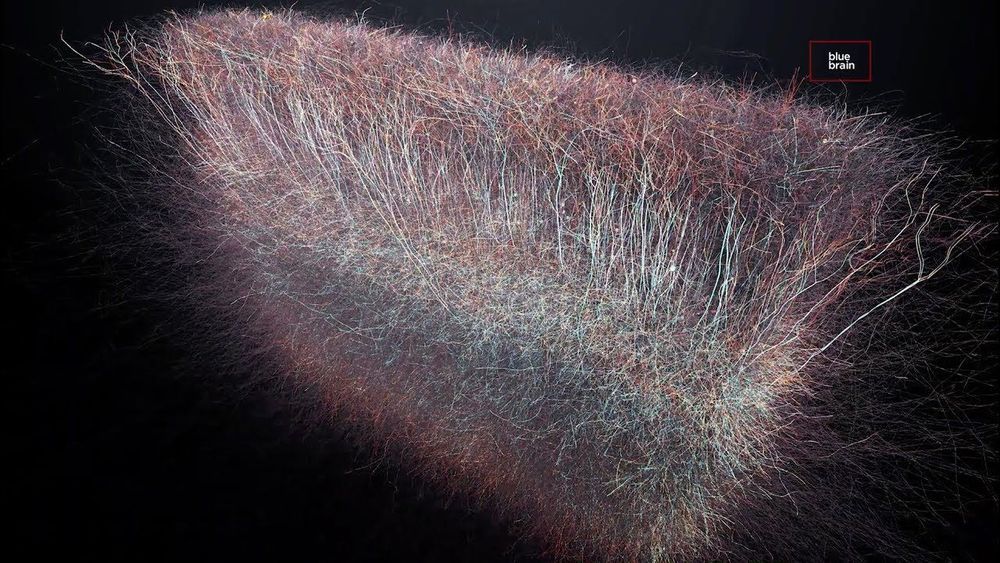
An exciting discovery has been made by scientists as they have uncovered that the human brain contains structures and shapes that may have up to eleven dimensions.

New research suggests that during decision-making, neurons in the brain are capable of much more complex processing than previously thought.
In a study published in eLIFE, researchers, including first author Aaron Kerlin, PhD, who is an assistant professor in the Department of Neuroscience and member of the Medical Discovery Team on Optical Imaging and Brain Science at the University of Minnesota Medical School, were the first to develop a microscope that rapidly images large stretches of the dendrite where neurons receive thousands of inputs from other neurons.
Dr. Kerlin conducted this research while at Janelia Research Campus and found that neighboring inputs to small sections of dendrite tended to represent similar information about upcoming actions.
